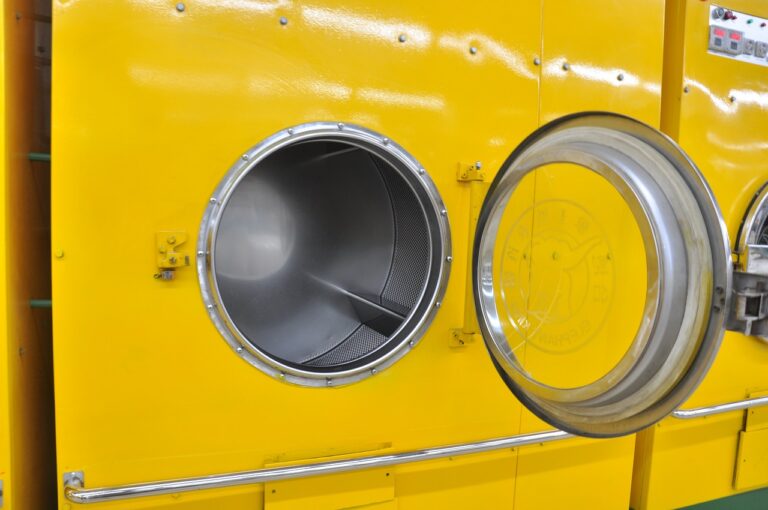Shopping for Eco-Friendly Fashion: Sustainable Fabrics and Ethical Production Practices
Sustainable fabrics are at the forefront of the eco-friendly fashion movement, offering a more environmentally conscious alternative to traditional materials. These fabrics are produced using methods that minimize their impact on the planet, such as organic farming practices and recycling processes. By choosing sustainable fabrics like organic cotton, hemp, bamboo, or Tencel, consumers can reduce their carbon footprint and support a more sustainable fashion industry.
In addition to being better for the environment, sustainable fabrics also often boast superior quality and durability compared to their non-sustainable counterparts. This means that clothing made from sustainable fabrics typically lasts longer, reducing the need for frequent replacements and further decreasing the overall environmental impact of the fashion industry. Incorporating sustainable fabrics into our wardrobes is a small yet impactful step towards a more sustainable future for fashion.
• Organic cotton is grown without the use of harmful pesticides or synthetic fertilizers, making it a safer and more sustainable option for clothing production.
• Hemp is a versatile and durable fabric that requires minimal water and no pesticides to grow, making it an eco-friendly choice for environmentally conscious consumers.
• Bamboo is a fast-growing plant that can be easily replenished, making it a renewable resource for creating soft and breathable fabrics that are gentle on the skin.
• Tencel is made from sustainably sourced wood pulp using closed-loop manufacturing processes, resulting in a fabric that is both biodegradable and low-impact on the environment.
The Impact of Fast Fashion on the Environment
Fast fashion has become a significant contributor to environmental degradation due to its high consumption rates and rapid production cycles. The constant demand for new trendy clothing items leads to increased resource extraction, water pollution, and higher carbon emissions throughout the supply chain. Additionally, the disposal of vast amounts of low-quality clothing adds to the mounting waste burden on the planet, as a significant portion of these items end up in landfills or incinerators, further exacerbating environmental concerns.
The overreliance on synthetic materials in fast fashion production also poses a threat to the environment, as these fabrics are derived from non-renewable resources and release harmful chemicals during their manufacturing processes. Beyond that, the intensive use of water, energy, and chemicals in textile production for fast fashion brands contributes to water scarcity, increased greenhouse gas emissions, and soil contamination. These factors collectively underscore the urgent need for a shift towards more sustainable and environmentally-conscious practices in the fashion industry.
Choosing Ethically Produced Clothing Brands
When opting for ethically produced clothing brands, it’s crucial to delve into the practices of the company. Investigate their supply chain, production methods, and labor conditions to ensure alignment with your ethical standards. Look for transparency in their processes, certifications, and commitments to sustainable practices to make an informed choice.
Supporting ethically produced clothing brands also involves considering the environmental impact of the pieces you purchase. Seek out brands that prioritize eco-friendly materials, such as organic cotton, Tencel, or recycled fabrics. By choosing clothing that is not only ethically produced but also environmentally conscious, you can contribute to a more sustainable and responsible fashion industry.
What are sustainable fabrics and why are they important in eco-friendly fashion?
Sustainable fabrics are materials that are produced with minimal impact on the environment, such as organic cotton, hemp, and bamboo. They are important in eco-friendly fashion because they reduce the use of harmful chemicals and resources in the production process.
How does fast fashion contribute to environmental damage?
Fast fashion contributes to environmental damage by promoting rapid production and consumption of low-quality clothing, which leads to increased waste, pollution, and exploitation of workers in the garment industry.
How can I identify ethically produced clothing brands?
Look for clothing brands that are transparent about their supply chain, use sustainable fabrics, and have certifications from reputable organizations such as Fair Trade or GOTS (Global Organic Textile Standard). Research their labor practices and environmental policies to ensure they align with your values.
Are ethically produced clothing brands more expensive?
Ethically produced clothing brands may be more expensive than fast fashion brands due to their commitment to fair wages, sustainable practices, and higher quality materials. However, investing in ethically produced clothing can be seen as a long-term investment in both the environment and the well-being of workers in the fashion industry.







